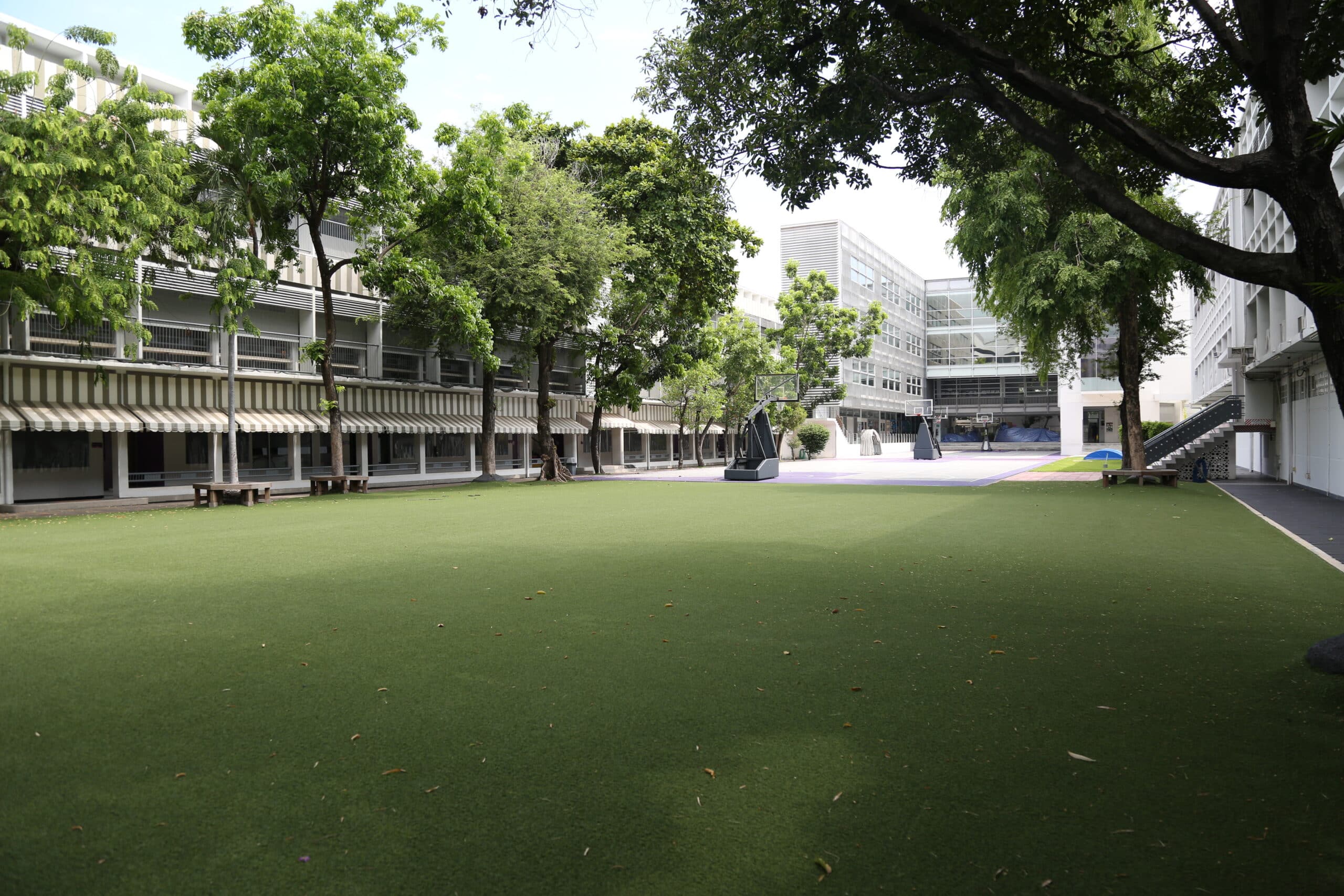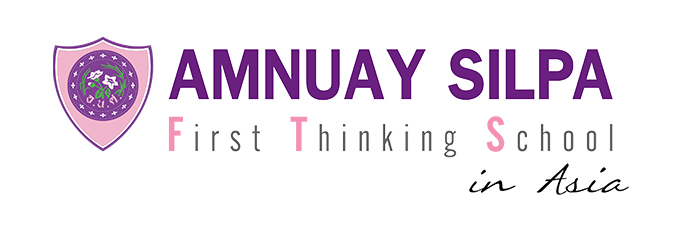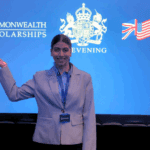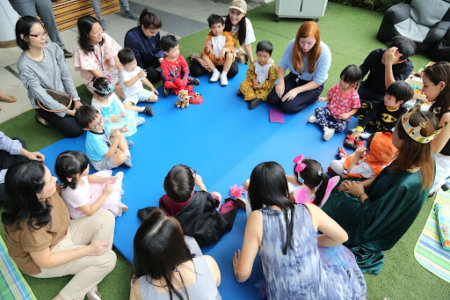Sareeya, a mother of two, chose Amnuay Silpa School (ANS) so that her children get a robust UK education while still staying true to their Thai roots.
She also wanted a Thinking School close to home — a requirement that only ANS can fulfil. This is because ANS is the first and only institution in Asia to be accredited by the Department of Cognitive Education at University of Exeter.
Sareeya made the right choice. Just four years later, the school was awarded Advanced Thinking School status, a testament to how ANS is leading the way in thinking.
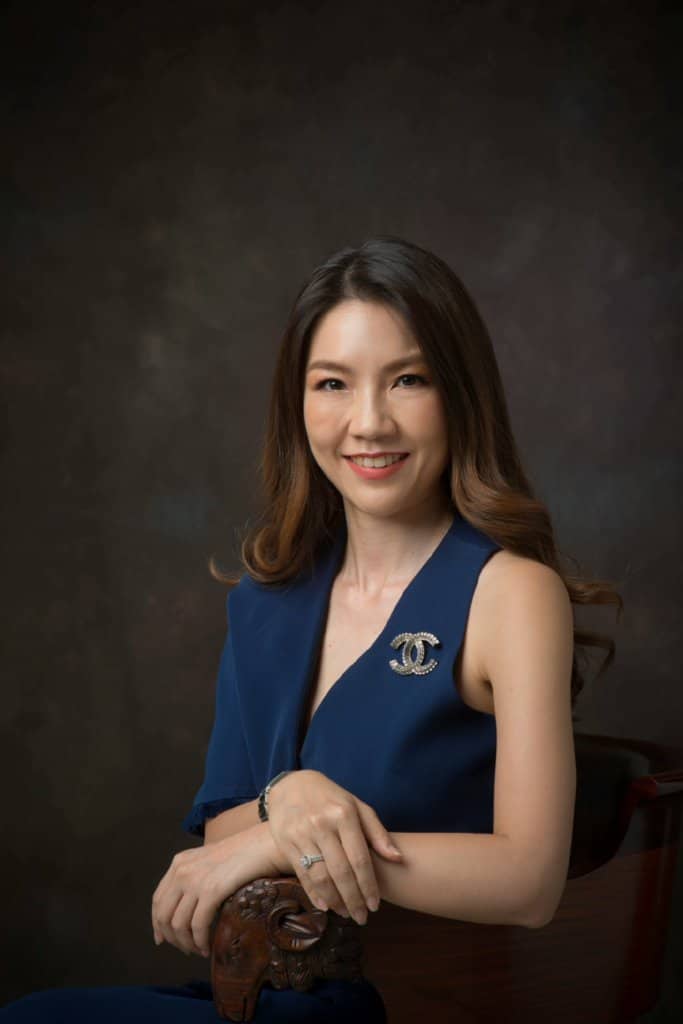
Source: Sareeya/Amnuay Silpa School
“Our goal is not for our kids to purely churn out as we want them to gain the ability to think critically and creatively, be themselves and discover what they like,” says Sareeya. “We were attracted by what ANS had to offer: a tangible curriculum that encourages students to think for themselves.”
These lessons are set to stay with graduates for life. Pair this with the transferable 21st century skill sets students gain at ANS, and graduates are ready to thrive in any context in university and beyond.
The Thinking Programme is embedded from Nursery to Year 13, which explains why every ANS student naturally develops a love of learning. They are actively involved in lessons, can contribute to the curriculum by giving their own input, and are taught to understand the learning and thinking process. While the focus is not solely on getting good grades, students like Tara achieve them anyway — all because she was given the right tools and support she needs to excel.
Born and raised in Bangkok, the Year 13 student was at first anxious about transferring from an international school to a bilingual one. Tara soon shelved her worries when she received a warm welcome from what she called a “close-knit community” at ANS. “It took a while for me to feel comfortable, but I made friends almost immediately,” she says. “The students here are very friendly and welcoming.”

Source: Tara/Amnuay Silpa School
Tara shared that the best thing about ANS was the teachers who pushed her to be better every day. “Our Assistant Head who takes a lead on pastoral care used to teach me English and he was a very caring teacher who was in tune with the educational, social, and personal needs of students,” the UNICEF ambassador enthuses.
“I love my drama teacher. He’s the most energetic person in the school who got involved in several different activities just to make the community fun for students. I feel very close to my current English teacher too. She pushes me to do my best in the subject and I think there’s nothing more I can ask for.”
Teacher and Chair of the ANS Thinking Drive Team Ben Clarke can attest to this. After all, he allocates some of his time at work liaising with the Principal and Head Teacher on ways he can contribute to School Improvement Planning as well as development of the Thinking Programme.
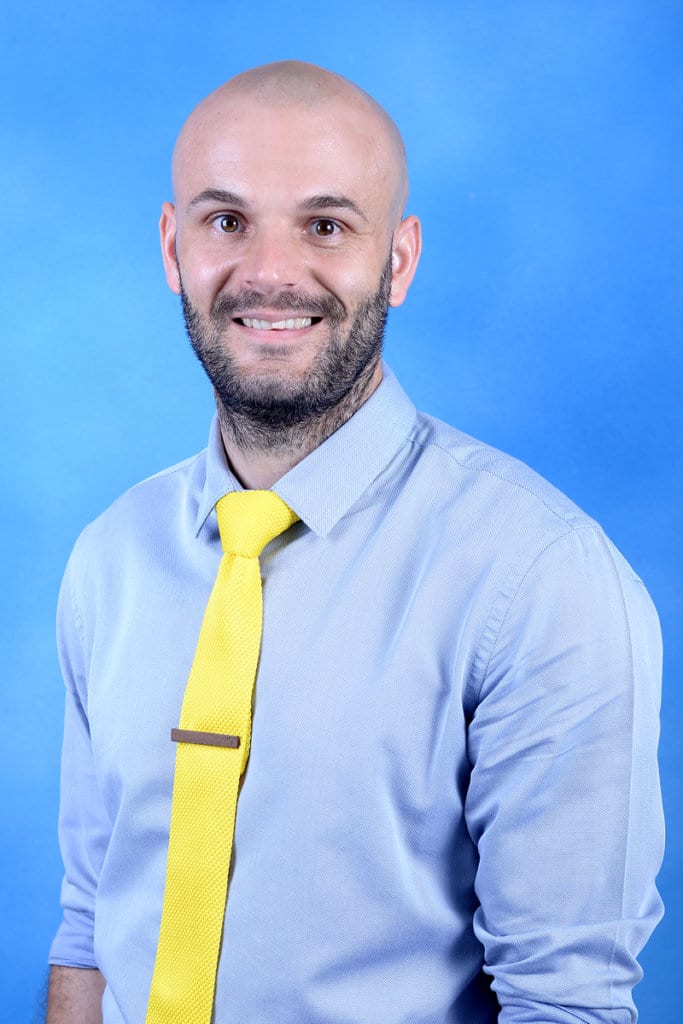
Source: Ben Clarke/Amnuay Silpa School
Students aren’t the only ones constantly improving themselves at ANS. Teachers do too. “The Drive Team undertakes professional development, keeping us up to date with the latest developments in thinking, coaching, mentoring, self evaluation, and peer review. Any new information or new way of thinking is introduced to ANS staff and parents of the students,” says Ben Clarke, the curriculum leader for English.
The goal is for teachers and pupils to think creatively, critically and reflectively. This is made possible through staff training, proactive meetings, and discussions. According to Ben, teachers take on board the same thinking behaviours, learning dispositions, and tools to approach problems as the children. “The purpose of embodying these thinking skills is so that children can prepare for their futures, not just their time in school,” he says.
If this sounds intriguing to you, learn more about Amnuay Silpa School here.
Follow Amnuay Silpa School on Facebook, Twitter, and Instagram

